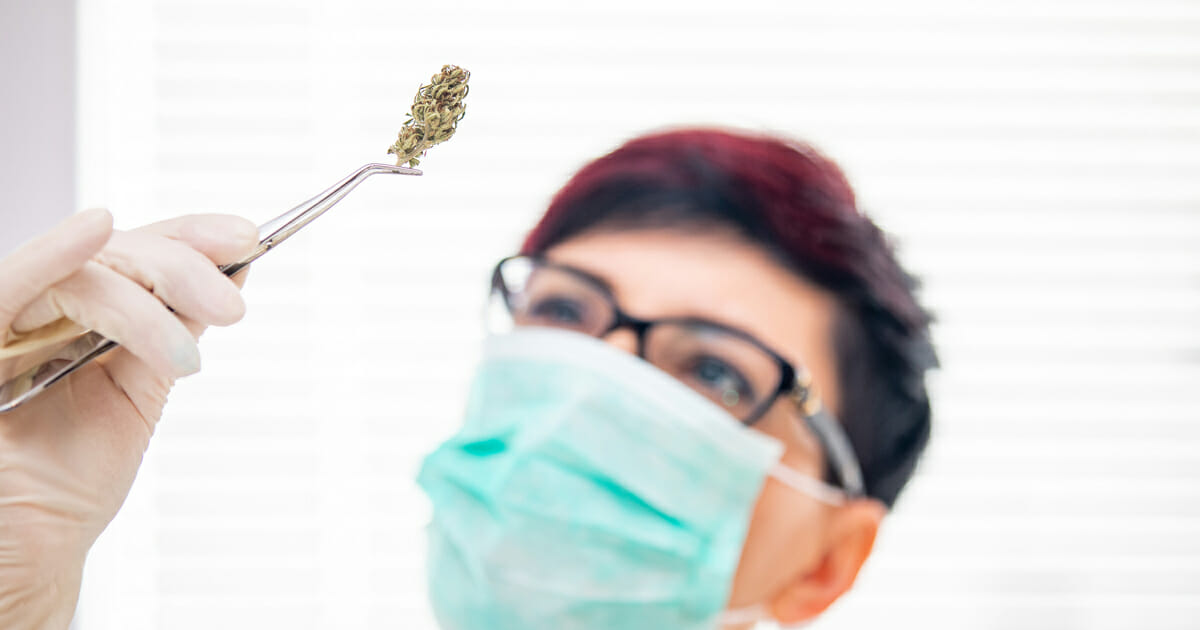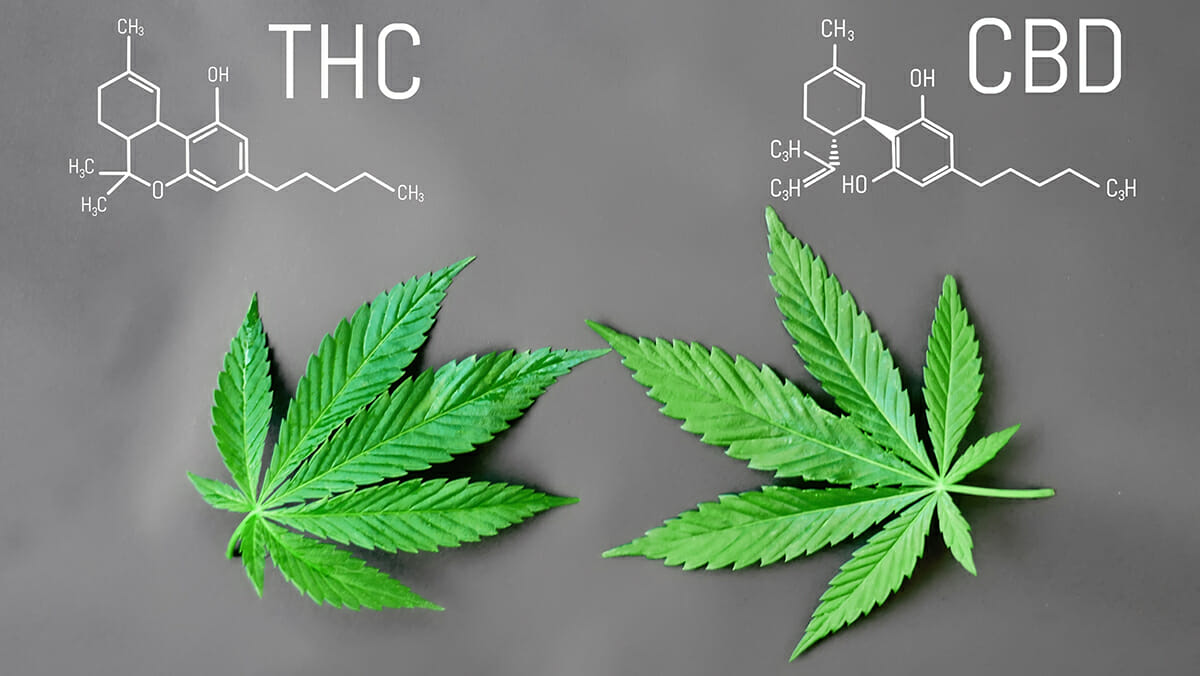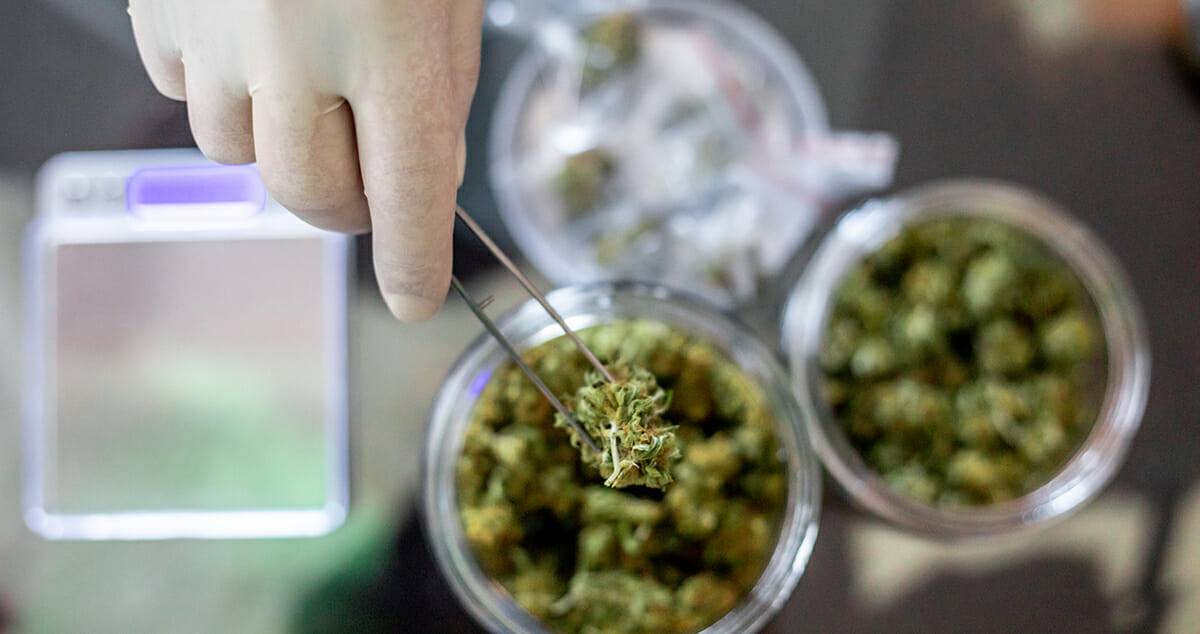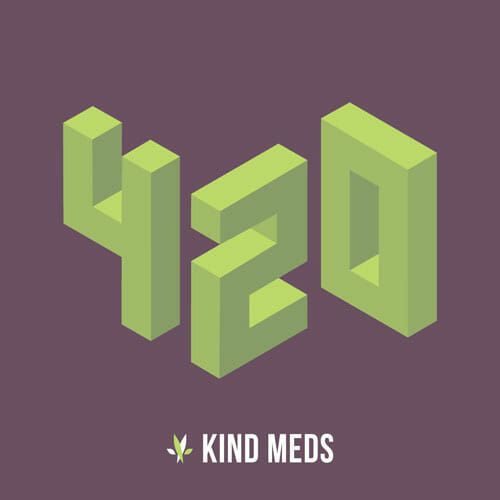Is Cannabis a Viable Mental Health Treatment Option? Part 2 of 3: Depression
Written by Chris Weatherall on Oct 19, 2020
There has been an incredible surge in demand for cannabis-derived supplements and medical products in the United States. Legislation surrounding cannabis in different forms has shifted dramatically, and one of the biggest questions on peoples minds is, “can you use cannabis for depression?” Depression affects more than 350 million people in the world today, and it remains the leading cause of disability claims in the US.
There are many different medications available through prescriptions today, primarily selective serotonin reuptake inhibitors (SSRIs). However, these treatments have not proven to be wholly effective in managing the symptoms of depression. For some individuals, conventional treatments only worsen the symptoms of depression. This has spurred significantly greater interest in alternative remedies, including using cannabis for mental health treatment.
Can Cannabis Treat Depression?
Depression is a complex condition. Virtually everyone will experience short-term depression at some point in their lives. The death of a loved one, losing a job, family crises, and a host of other potential events can all lead to the development of symptoms of depression. However, many people experience depression as the result of a chemical imbalance in the brain, and there is no single cause behind the symptoms they experience.
While most people tend to assume depression is just another way of saying “sadness,” depression as a mental health condition is much more complex than this. Many people who experience diagnosed depression or major depressive disorder describe their symptoms more along the lines of “the emotional equivalent of watching paint dry,” or something to that effect. For many people with depression, their symptoms include extreme lack of energy and motivation, disinterest in previously enjoyed activities, and feelings of hopelessness, sadness, and apathy. Depression may also entail suicidal tendencies or the inclination to self-harm.

Ultimately, depression is a multifaceted condition that affects everyone who experiences it differently. Some people are able to overcome some of their symptoms holistically using meditation, thought exercises, and physical activity. Others cope by relying on psychiatric medications like SSRIs. With the recent surge in support for marijuana law reform in the US, many people with depression are wondering how effective it may be to try using cannabis for mental health.
Potential Benefits of Using Cannabis for Depression
The two cannabinoids found in cannabis that have medicinal potential are cannabidiol (CBD) and tetrahydrocannabinol (THC). These two substances, although they originate from the same kinds of plants, have very different properties. From a medicinal perspective, CBD is an effective pain treatment and anti-inflammatory, and it is also suitable for treating the symptoms of some anxiety disorders.

THC is the psychoactive compound found in cannabis, responsible for causing the trademark “high” that most people associate with marijuana use. From a medicinal standpoint, THC does hold value as anti-nausea treatment, and it especially effective at helping people struggling with cancer treatment and increasing appetite. While some people proclaim the psychoactive
properties of THC to have healing effects, it is the psychoactive nature of THC that is at the center of the discussion of the appropriateness of using cannabis to treat depression. Scientists at the University of Buffalo’s Research Institute on Addictions recently released their findings pertaining to an in-depth study of cannabis’s effects on the body’s endocannabinoid system. The study focused exclusively on depression resulting from chronic stress. Basically, the researchers subjected test animals to persistent stress-inducing stimuli and noticed a marked decrease in endocannabinoid functions. Reduced endocannabinoid production is a precursor to depression, and the study concluded that cannabis could potentially act as a mood stabilizer by restoring balance to the body’s endocannabinoid system.
Potential Risks of Using Cannabis for Depression
Like any other form of mental health treatment, using cannabis for mental health entails a degree of risk. The relationship between marijuana and the human body is infinitely nuanced. Two individuals of similar body type and the exact same age could consume equal doses of the same type of cannabis and have vastly different experiences. An individual could have a positive experience from one strain and a significantly worse experience from a similar strain. Ultimately, the amount of variety as well as the known link between cannabis use and psychosis are some of the biggest risks of using cannabis for mental health treatment.
While some researchers insist that cannabis use can result in mental illness, there is more traction behind the belief that people who experience mental illness are naturally drawn to cannabis. Available data suggests that people who are predisposed to developing mental health disorders are attracted to cannabis.
Research Complications
An in-depth study on the link between cannabis use and depression revealed a strong correlation between heavy cannabis use and increased symptoms of depression. However, this study admitted the same difficulty in accuracy as most other studies conducted over cannabis and mental health: there is little to no room for the research team to evaluate the many individual factors that may influence a test subject’s depression symptoms.
Ultimately, the biggest risk factor for using cannabis for mental health treatment, specifically for depression, is that regular cannabis use could potentially worsen symptoms.

Trying Cannabis for Depression
Hopefully, as legislation surrounding cannabis evolves across the country, more in-depth research studies into the effects and potential benefits of cannabis will unfold and we can gain a greater understanding of how effective cannabis truly is at treating mental health conditions like depression. The therapeutic role of Cannabidiol in mental health is well-documented at this point, and CBD is a proven effective treatment for anxiety symptoms, but the same cannot be said of THC due to the way THC reacts with different individuals.
If you experience depression and have had difficulties with conventional treatments, you might wonder whether cannabis could treat your symptoms of depression effectively. Like any form of medical care, it is vital to discuss your intentions with your care team before moving forward with any type of treatment. A good rule to follow when trying cannabis for a new purpose is to “start low and go slow.” It may also be a good idea to keep a journal to track how you feel after trying different strains.
Use Cannabis With Caution for Depression

Due to the way THC may exacerbate some mental health conditions, it may be wise to stick with low-THC strains and cannabis products. THC could potentially be uplifting and help you overcome the trademark malaise that depression entails, but it may also cause paranoia and other adverse effects with too high of a dose. CBD may not have psychoactive properties, but it can reduce the symptoms of anxiety and reduce inflammation and other physical symptoms which may help you cope with your depression better.
Tread carefully and seek reliable medical advice if you intend to try using cannabis for your depression. Stay tuned for part three of this series in which we will analyze the potential benefits of cannabis for anxiety.







